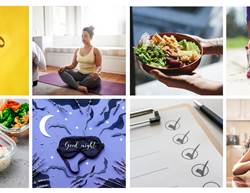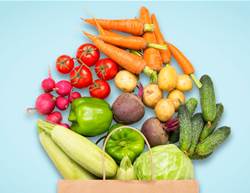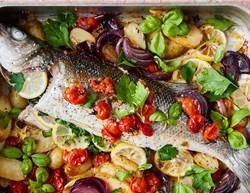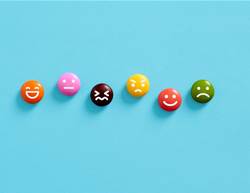Find out if your meat-free eating plan is doing more harm than good. Plus, how to tweak your plant-based diet to get back on track toward good health.
In an effort to improve your health and lose weight, you stopped eating meat. So why don’t you feel freakin’ fantastic like nearly every vegan and vegetarian you know? Chances are, your plant-based menu could use some tweaking.
Countless studies show that vegetarian and vegan diets can lower the risk for heart disease, diabetes, and even some cancers. And in general, plant eaters tend to be slimmer than those who eat meat. But veggie diets aren’t foolproof—and eating too many of the wrong foods (or too few of the right ones) can leave you feeling far from amazing.
Fortunately, the signs that your eating plan is off kilter are pretty easy to spot—and fix. Here are 7 worth paying attention to:
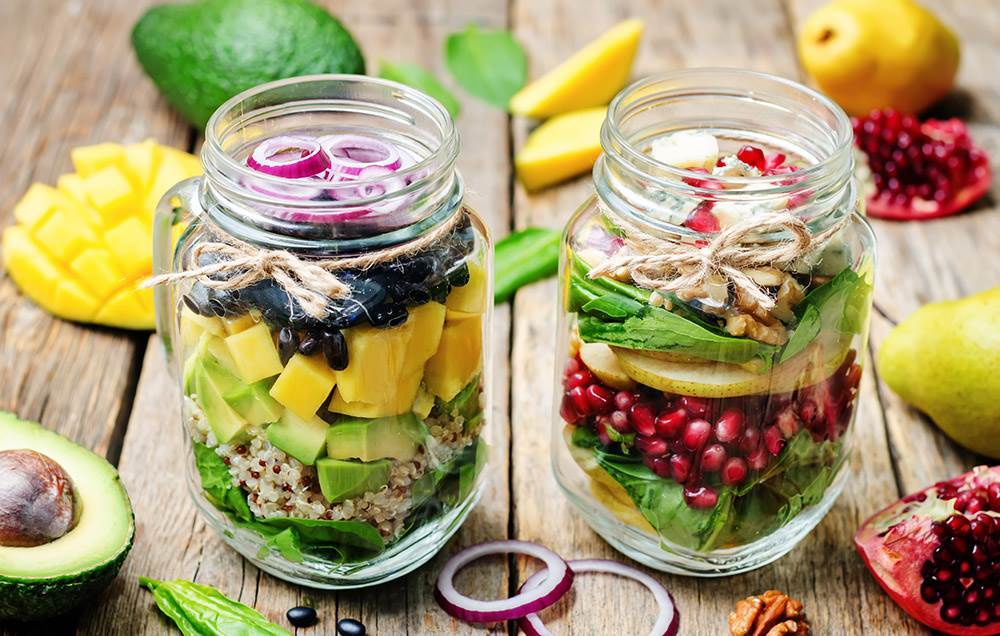

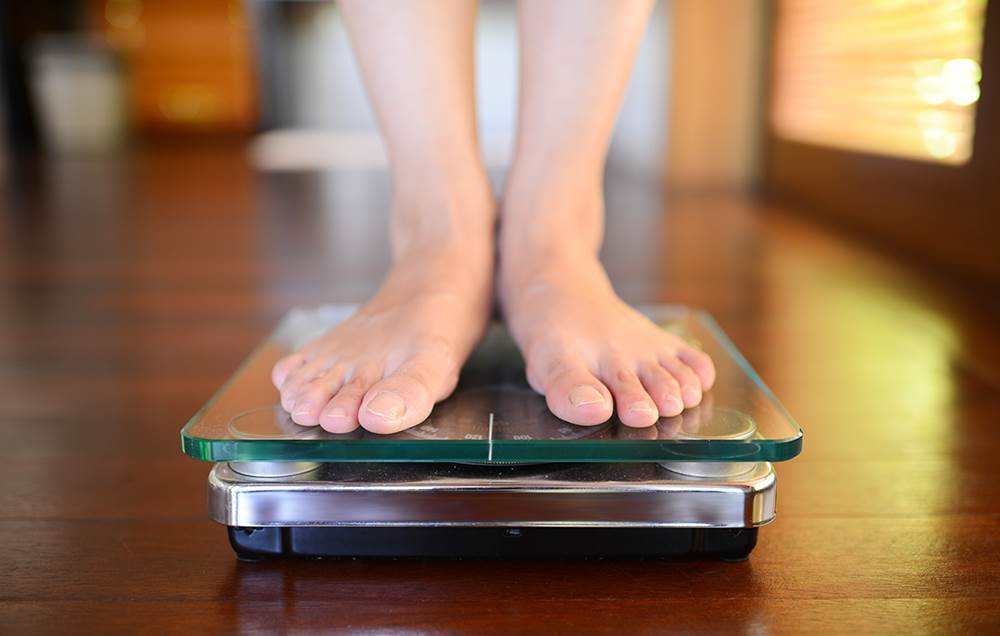

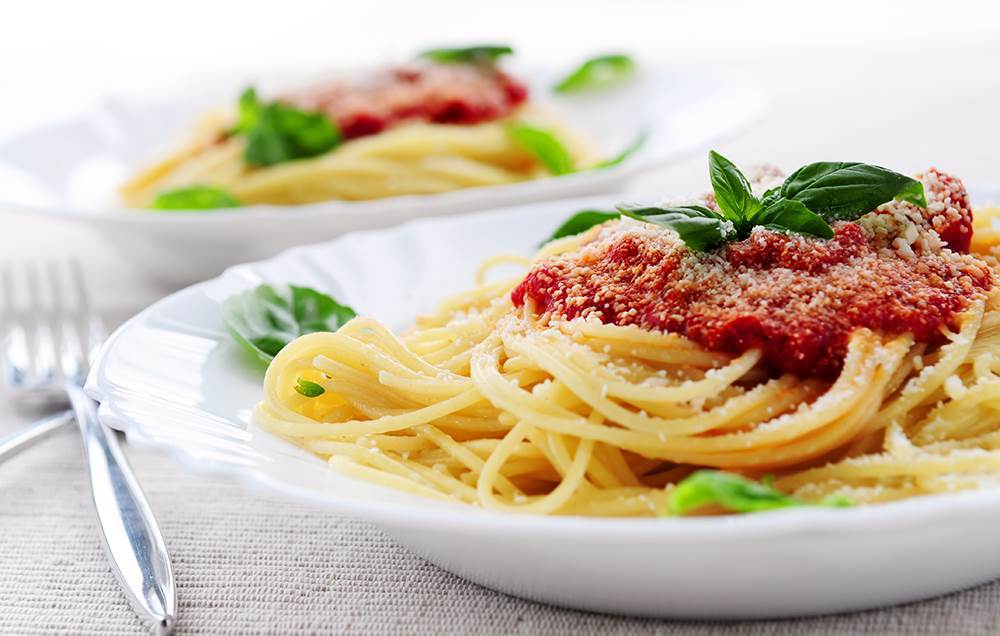
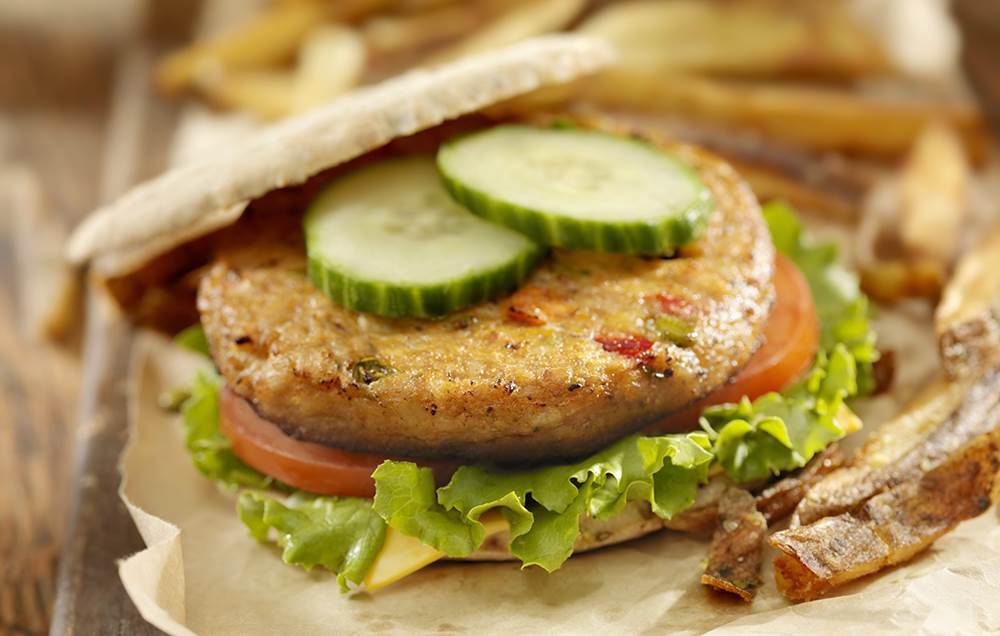
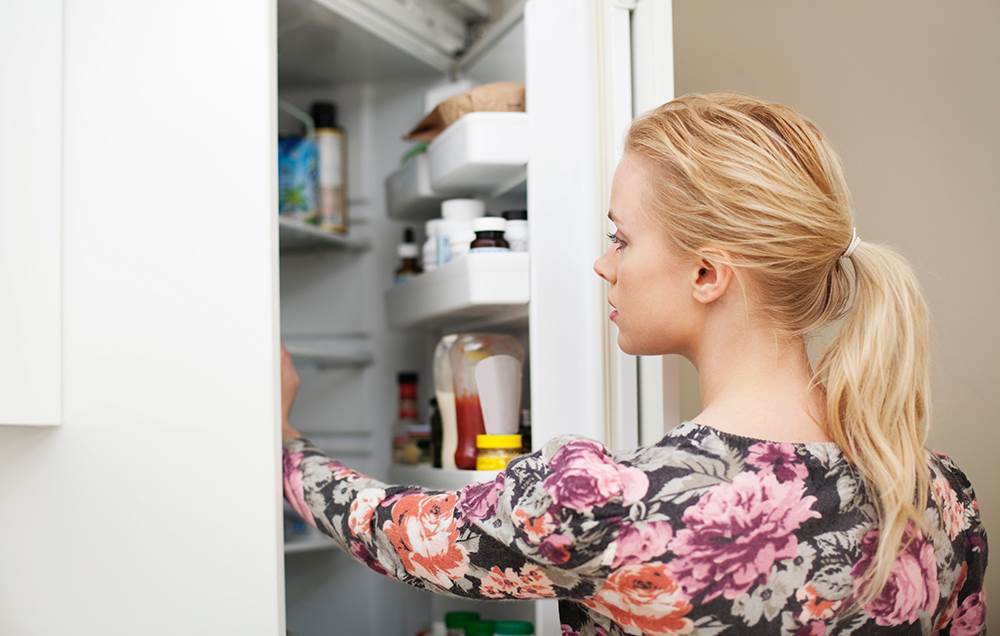
You never have enough time to plan or prep your meals.
Meat-eaters who need a quick lunch or dinner can almost always find a decent chicken salad or turkey sandwich at a café or corner deli. But healthy meatless options aren’t always as easy to come by. As a result, you’re more likely to fall back on foods that are heavy on the cheese or refined carbs and light on veggies, says dietitian Dawn Jackson Blatner. (Pizza or pasta, anyone?)
That’s not to say that you need to map out everything you plan to eat for the entire week. But you should have a basic idea of what you’ll need to have on hand to put easy, nutritious meals together. “Look at your grocery cart and make sure it’s filled with 50% produce, 25% protein sources and 25% whole grains,” Blatner says. If you buy the proper ratio of groceries at the store, it will translate more easily to your plate.
You feel weirdly bloated.
Beans, fruits, vegetables and whole grains are loaded with fibre that can help keep you satisfied and even lower the risk for some chronic diseases. But they can also leave you gassy and crampy—especially if you ramp up your intake too quickly.
To help ease the discomfort, try drinking more water. “Fibre soaks up extra water in your system, so you need more liquid to keep things moving along,” says dietitian Eliza Savage. Eating at least half of your veggies in cooked form instead of raw can help, too. “The cooking process helps break down some of the fibre, so your body doesn’t have to do as much of the work,” Savage says.
You’re gaining weight.
Sure, going veggie can help you lose weight. But the opposite can happen if you overdo it on packaged snacks or baked goods. “Vegetarian and vegan foods aren’t always healthy and low in kilojoules,” says dietitian Julie Upton. “There are vegan cookies, brownies and cakes…but if it’s a cookie or cake, it’s not diet food.”
Eating too many healthy foods can cause the pounds to pile on too. “Often vegetarians think because they’re eating wholesome foods, they can eat more overall,” Blatner says. But even though things like brown rice and nut butter are good for you, they aren’t kilojoule-free. “You still need to keep tabs on portion sizes if you want to lose or maintain your weight,” Blatner says.
You’re tired all the time.
There are a couple of culprits that could be making you feel pooped. One is going too heavy on bread and grains and skimping on lean protein and healthy fats, which can cause your blood sugar to drop faster and zap your energy, Savage says. “I always recommend having at least one serving of protein and one healthy fat at each meal,” she says.
Also, there aren’t a lot of great plant sources of iron and vitamin B12, two nutrients that are involved in energy production, says Blatner. Iron is found in beans, lentils and tofu, and vitamin B12 can be found in eggs, dairy, and nutritional yeast. B12 is also found in certain fortified cereals and milk alternatives. If you think there's even the slightest chance you might not be meeting your nutritional needs through your diet, consider talking to your doc. After taking a blood test he or she can determine if taking a supplement makes sense for you.
You’re not actually a big fan of fruits and veggies.
Are you the kind of vegetarian who sticks to the three P’s—pasta, PB&Js and packaged snacks? That's not exactly good news. Skimping on healthy plant staples like fruit, veggies, whole grains and beans doesn’t just up your odds of missing out on important nutrients, it could also put you at risk for serious health problems.
Vegetarian or vegan diets that consist mostly of unhealthy fare—like refined grains, sweets and sugary drinks—can increase the risk for heart disease. “The quality of your plant-based foods matter,” Upton says. “You can’t eat vegan cake, cookies and doughnuts and reduce your risk for heart disease.” (Eating vegan treats on occasion isn't totally off limits, though.
You eat fake meat like it’s going out of style.
Sure, the occasional tofu dog or vegan chicken sandwich is no big deal, but meat analogs tend to be highly processed, and are often loaded with salt, sugar, and artificial flavours and preservatives. If you enjoy them, you should have them as occasional treats—not everyday staples.
Instead, stick with whole sources of plant protein, like beans, lentils, and nuts. As for soy? A few servings a week is fine, Savage says. But you should stick with minimally processed soy foods, like non-GMO tempeh, tofu and edamame—not soy burgers or snack bars.
You’re hungry an hour or two after eating.
If meatless meals don’t stick with you for very long, there’s a good chance that they don’t deliver enough protein. “High-protein foods take longer to digest, so it helps you stay satisfied longer,” Blatner says. Your individual protein needs will depend on your kilojoule needs and activity level. But in general, you should aim to have at least one serving of protein per meal, like half a cup of cooked lentils or a cup of Greek yogurt.
Another way to fill up? Fill half your plate with fruits and vegetables. “They have a lot of bulk and fibre, which helps fill you up,” Upton says.



.jpg&h=90&w=90&c=1&s=1)


